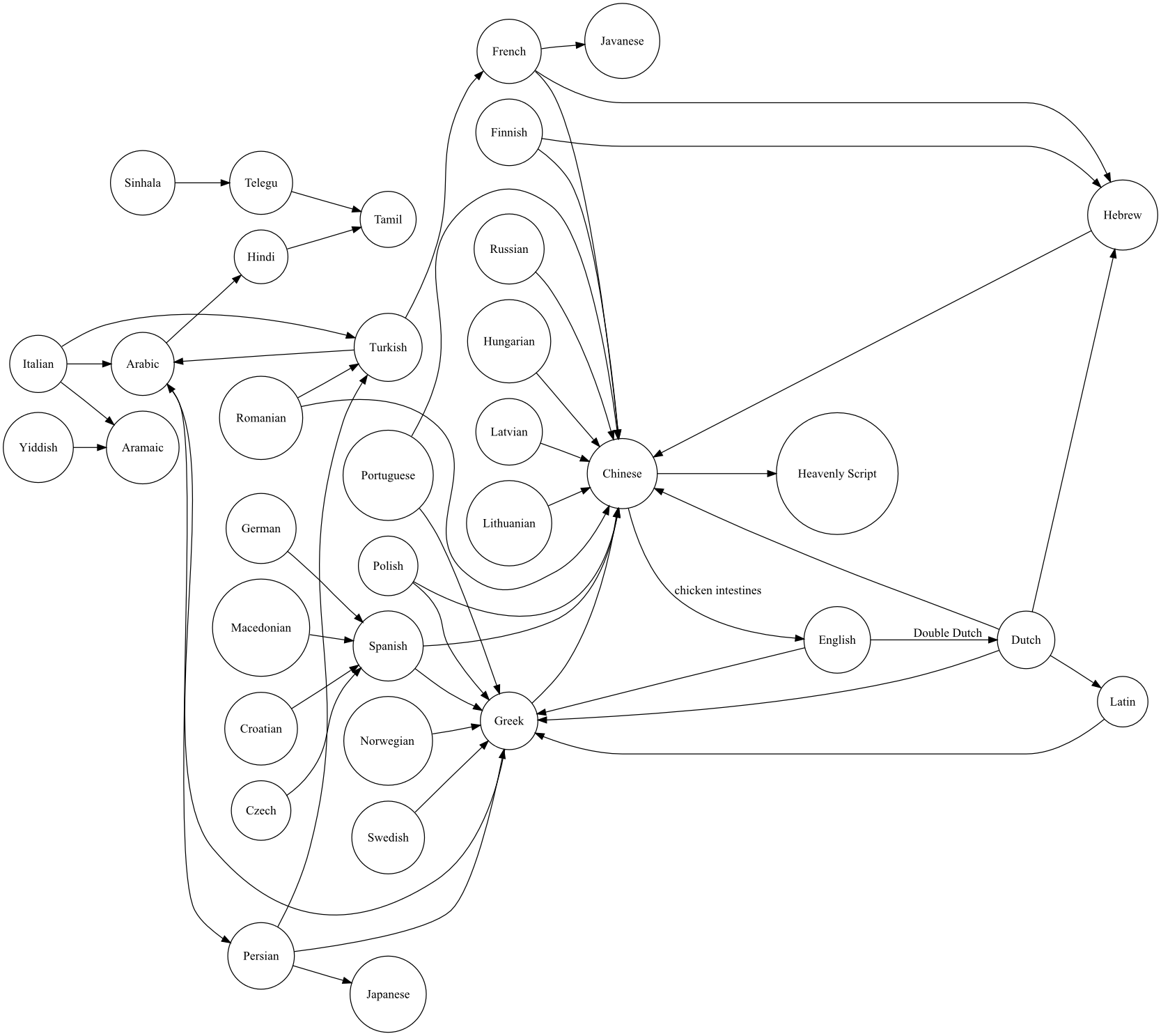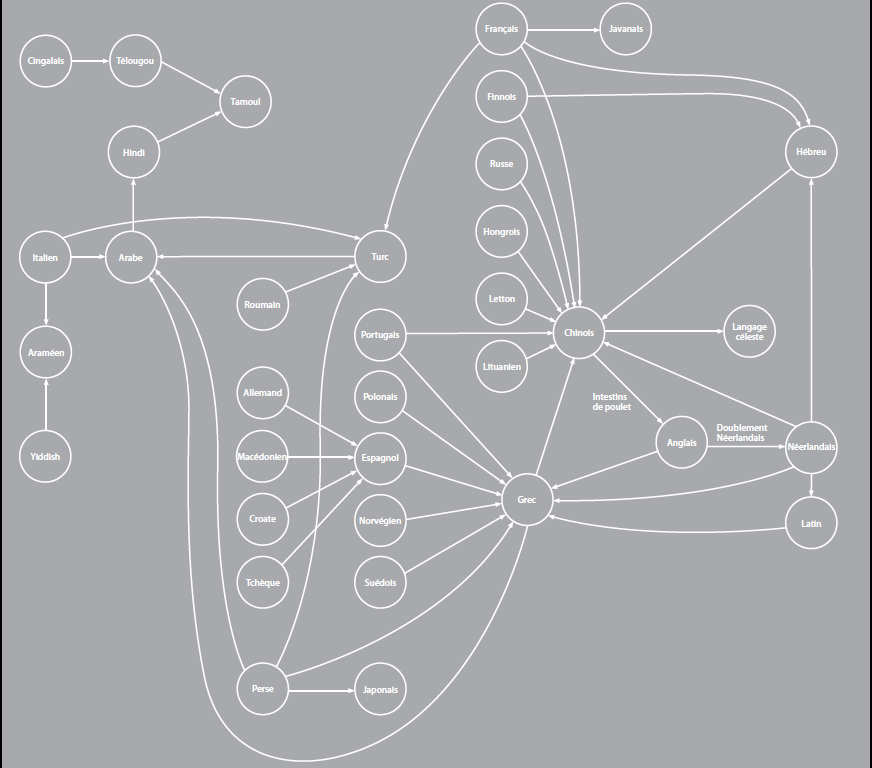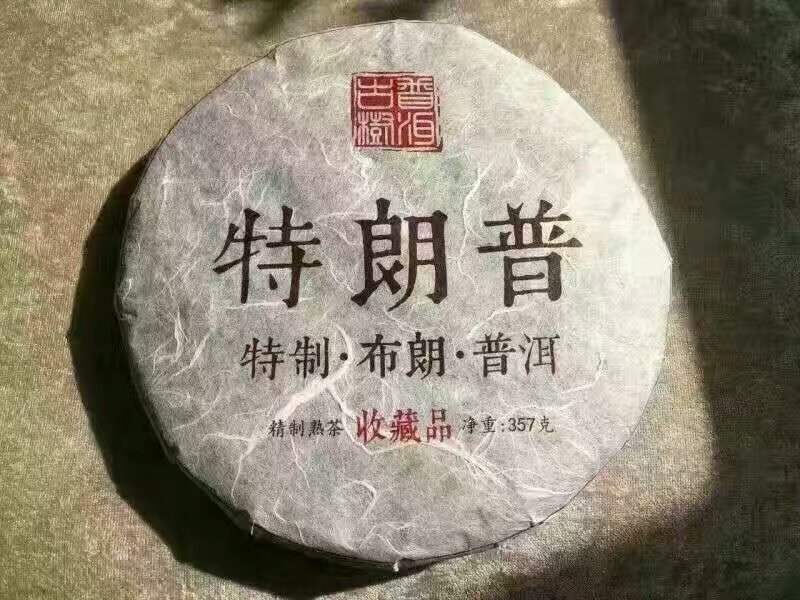Particle amnesia
[This is a guest post by Nathan Hopson]
I know you've written a lot about character amnesia in the greater Sinosphere. But I think I witnessed the related, but significantly different, phenomenon of (grammatical) particle amnesia (or perhaps, "drift") during a recent trip to Hawaii.
As you know, Hawaii has a large nikkei* population. This is especially true in and around Honolulu, where I was for the Japanese Studies Association conference last week. In addition to an extraordinary number of Japanese tourists, Oahu is home to nisei,** sansei,*** and many people of mixed heritage. Japanese signs abound, and Japanese is spoken in many hotels, restaurants, and stores.
[*an American of Japanese descent.]
[**second generation; ***third generation]
Read the rest of this entry »







